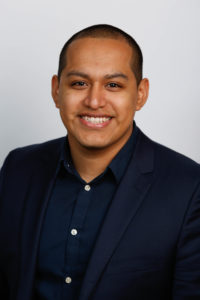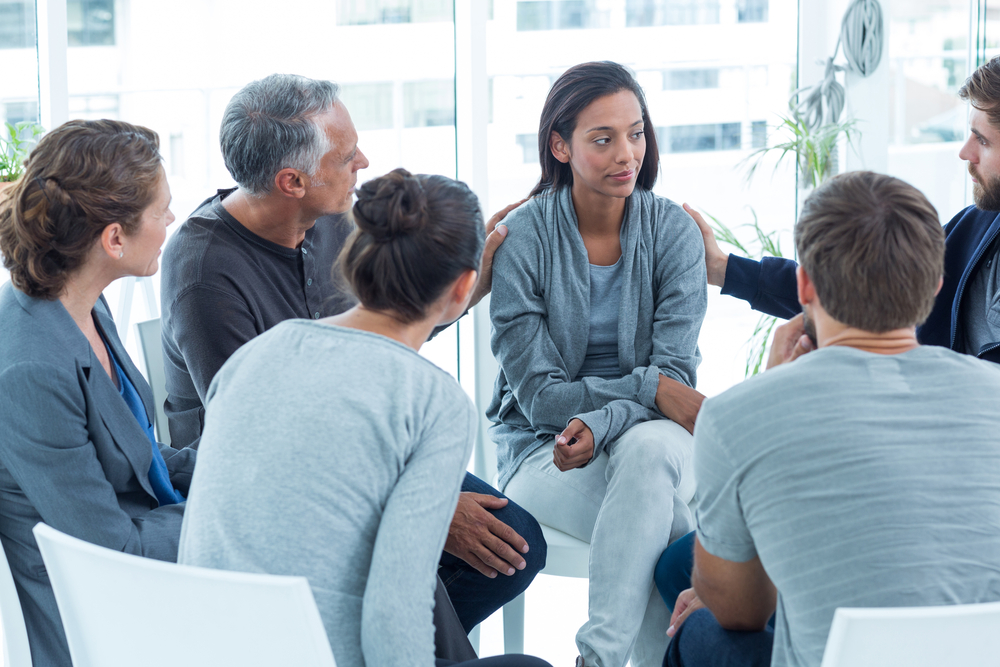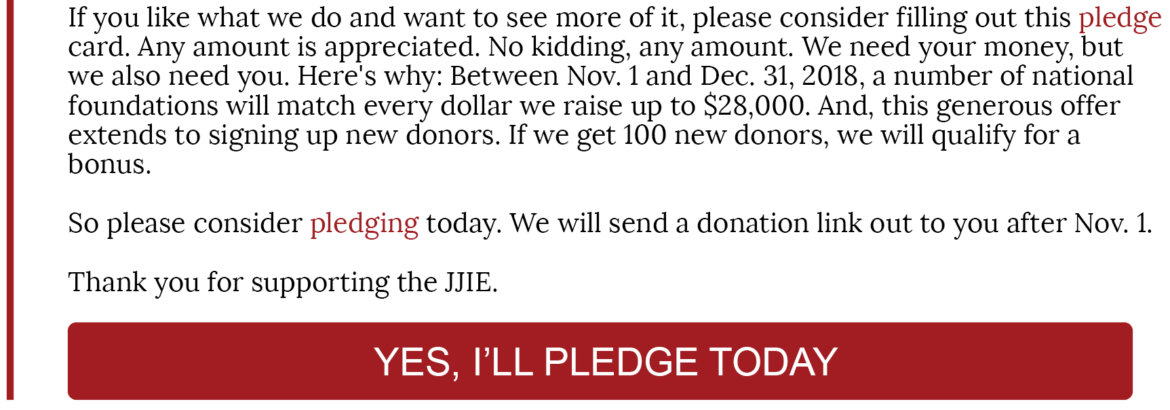![]() Since I was released from prison, I’ve dedicated my life to equipping young leaders with training and tools to fight to end youth incarceration and close youth prisons. Because I’ve lived through it, I know that there is no better way to support my community than by helping end youth incarceration and helping convince our leaders to invest in young people’s futures instead of bars and cells. Many of my fellow leaders in this movement have similar lived experiences.
Since I was released from prison, I’ve dedicated my life to equipping young leaders with training and tools to fight to end youth incarceration and close youth prisons. Because I’ve lived through it, I know that there is no better way to support my community than by helping end youth incarceration and helping convince our leaders to invest in young people’s futures instead of bars and cells. Many of my fellow leaders in this movement have similar lived experiences.

Amanda Maglione Photography
Hernan Carvente
Fortunately, I am living a healthier and more successful life now, but that doesn’t mean this work is easy. In fact, it’s the opposite. Whether campaigning to close youth prisons or addressing so many other injustices in our society, it’s critical to prioritize self-care and mental health so that we can bring our best selves to this fight. It happens to be Youth Justice Action Month as well as Mental Health Awareness Month, but it is especially important for those of us who have experienced the violence and injustice of the criminal justice system to take care of ourselves as we advocate for young people, now and all year round.
On any given day, our country’s juvenile justice system incarcerates about 50,000 young people, confining them to a system that is outdated, discriminatory, ineffective and cruel. In youth prisons, young people often face solitary confinement, restraints, sedation and ongoing physical or sexual abuse. Youth incarceration statistics show disheartening and infuriating racial disparities, and too many of our politicians are ignoring the communities who understand that there are better ways to help young people.
Didn’t seek help
I grew up surrounded by alcohol use and violence. I was angry, sad and afraid for most of my childhood. Multiple traumatic experiences left me struggling to regulate my emotions and think clearly. As a young man, I bottled up those feelings and acted out in violence — which led to serving four years in a juvenile justice facility.
Coming to terms with post-traumatic stress disorder (PTSD) and bipolar disorder II has been hard. Having to deal with PTSD and taking medication for bipolar disorder while trying to dismantle the very systems that exacerbated those conditions remains an uphill battle.
For too long, I didn’t find someone to talk to. I didn’t find mental health support. Instead, I had to learn that being locked up in chaotic and violent places after years of trauma and substance abuse is not normal. Witnessing the mass criminalization of our communities is not normal. Mass incarceration is more than a "justice" issue — it’s also a public health crisis — and my health depends on making sure that I deal with the trauma in my life, past and present.
When you’re focused on helping others, it’s not easy to say "I need help, too." Too often, the movement asks us to put our stories and bodies on the line without stopping to ask how we might be struggling — whether it be financially, physically or mentally. We have to remember that just because someone is speaking out on a panel or leading a rally doesn’t mean that they’re OK.
The silence and stigma around mental health must end. That can’t happen unless we leave shame in the past. I will continue to do what I am passionate about while also doing more for myself, while making my own mental health a top priority.
We all need support
Recently, I went to an appointment with a new psychiatrist. As I shared with her everything that I had been going through in the last few months, she gave me all the time and space to process everything I was feeling. I cried. I felt angry, sad, scared, confused and so many different powerful emotions, all at the same time. She sat there with me, listened and provided me with all the information I needed to think about my options.
Yet I felt safe. I felt like someone was listening. I felt like I was beginning to understand what I’ve been feeling and experiencing all these years. Therapy might not be right for everyone, but there are many ways to make sure you are taking care of yourself.
I’m sharing my story to combat stigma and encourage others in the movement to find the support they need. We have a big fight still ahead of us. And we won’t be up to the task if we don’t take time to care for ourselves.
To everyone working to end youth incarceration and other systems of social and economic injustice, remember:
It’s OK to not be OK. Do not be ashamed of feeling. It's all right to seek support and practice self-care.
If you live with PSTD, bipolar disorder, or any other mental health condition, like depression or anxiety, you are not alone. I am with you.
You are awesome. Even if you don’t feel it right this second.
We all have our own path to healing. Today is a good time to start down that path.
Hernan Carvente manages the Youth First Youth Leaders Network, which provides young emerging leaders with the training and tools to lead the fight against youth incarceration, and previously was a program analyst at the Vera Institute of Justice. He was awarded the Spirit of Youth Award by the Coalition for Juvenile Justice and the Next Generation Champion for Change award by the John D. and Catherine T. MacArthur Foundation.

